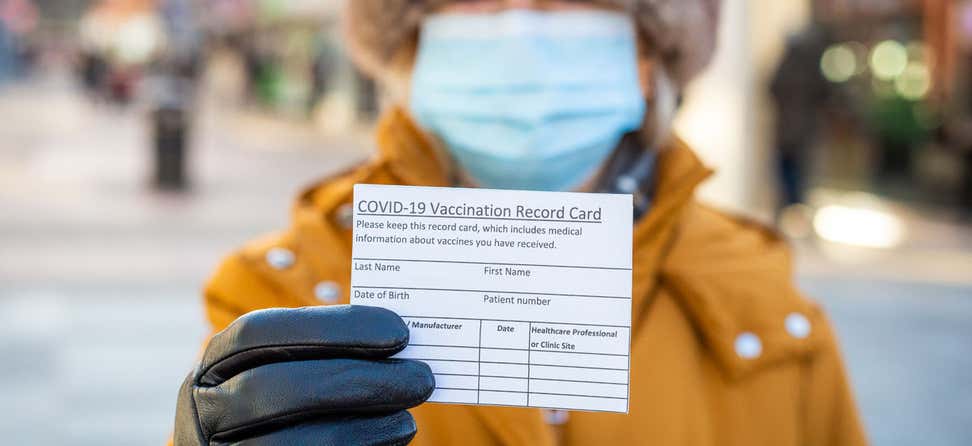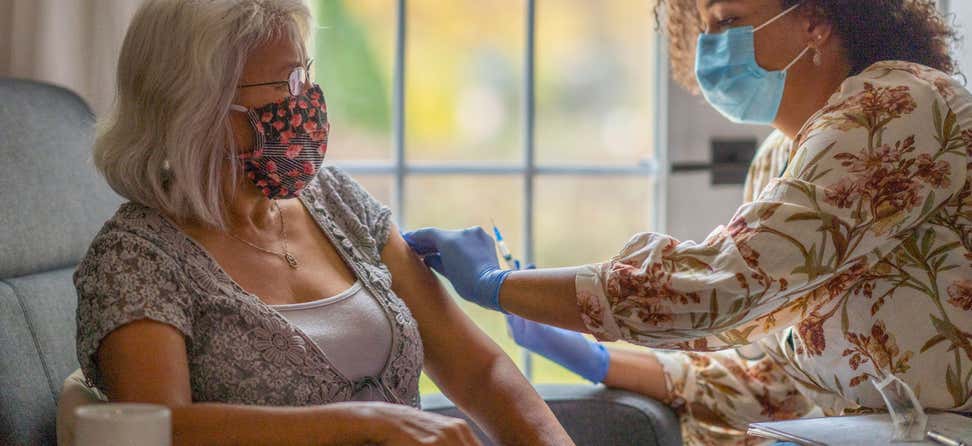Key Takeaways
As a follow up to our series of recent briefs, and with the learnings from the Great Recession of 2008, we explore the likely magnitude of financial loss to older adults living in a single-person household.
Experts determined that older Americans living in a single-person household are likely to experience significant declines in their financial well-being during the COVID-19 pandemic.
Government benefits have not been enough to lift or prevent older single-person households from experiencing financial declines during a recession.
In this data brief, experts from NCOA and the LeadingAge LTSS Center @ UMass Boston explore the impacts of the 2008 market collapse on the financial status of older adults age 60 and older living in single-person households (as compared to those living in two-person or married/partnered households). Their analysis stresses the importance of identifying those groups who may be particularly hard hit by the COVID-19 pandemic.
The purpose is to use the most recent recession experience to better understand what is at stake and the likely magnitude of financial loss that may impact older adults in single-person households as a result of the pandemic-induced market collapse.
From our previous briefs, we know that older adults in general suffer declines in net wealth during large and unanticipated economic downturns, however an older single-person may be limited to a one-person source of income/asset accumulation that puts them at greater financial risk.
Not only are older single-person households at risk of facing negative economic effects, but they are likely to face significantly worse consequences related to social isolation than those who live in a two-person household with greater social support resources. It is critically important to maintain a strong social safety net and ensure that people who need access to benefits are able to do so.










